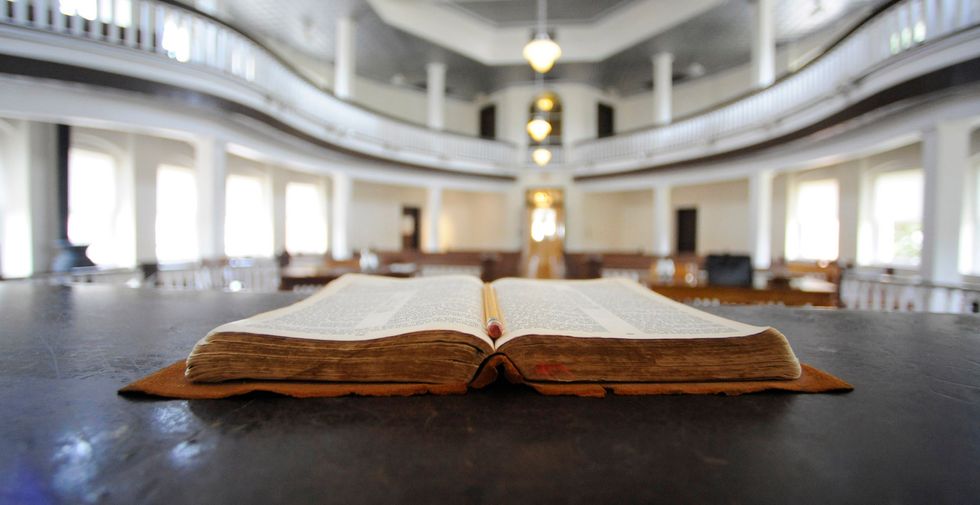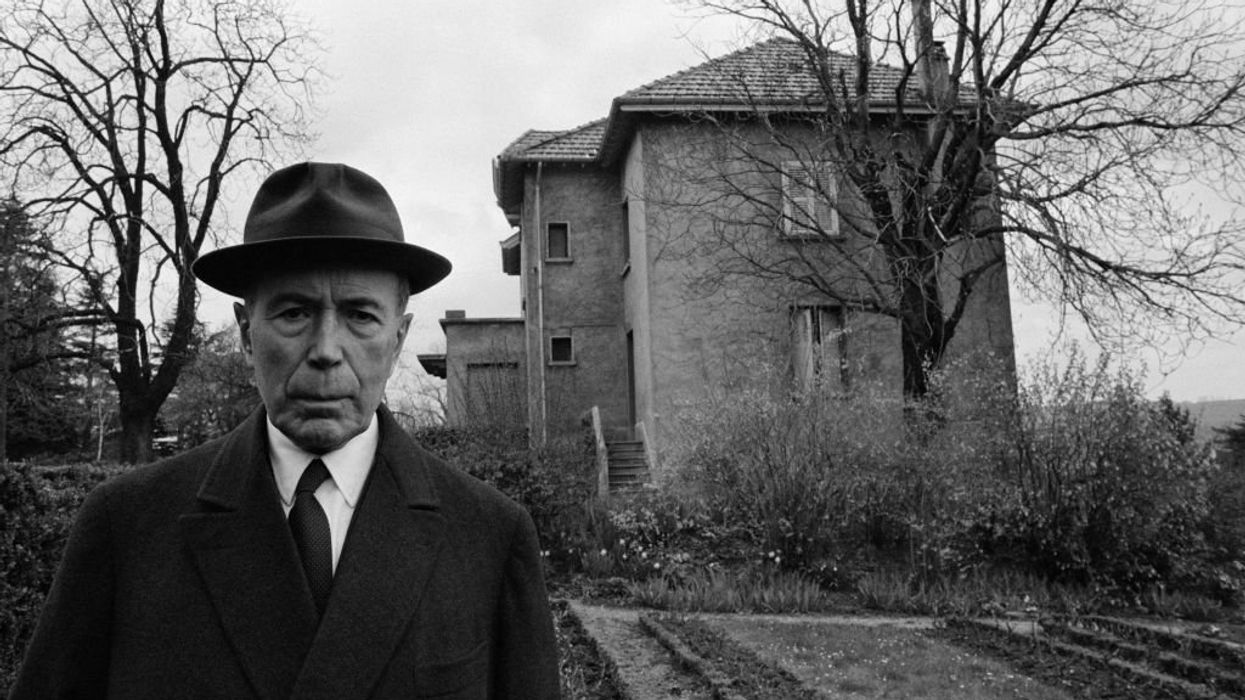One Virginia school system has temporarily banned two American classics because a parent said the racial language in the historically significant novels negatively impacted her son.
"What are we teaching our children? We're validating that these words are acceptable, and they're not acceptable by no means," the mother said during a Nov. 15 meeting with the school board, according to WAVY-TV, which led the Accomack, Virginia, school system to temporarily ban the books "To Kill a Mockingbird" by Harper Lee and "The Adventures of Huckleberry Finn" by Mark Twain.
The parent informed the school that she wanted the books pulled from the shelves because of the racial slurs featured in the celebrated novels, Superintendent Warren Holland told the local news outlet.
"I keep hearing, 'This is a classic, this is a classic,' ... I understand this is a literature classic. But at some point, I feel that children will not — or do not — truly get the classic part, the literature part, which I'm not disputing," the mother said. "This is great literature. But there [are so many] racial slurs in there and offensive wording that you can't get past that."
Another young mother, Victoria Coombs, agreed with that assessment, saying, "It’s not right to put that in a book, let alone read that to a child."
The parent who requested the ban said her son, who is biracial and in high school, was reading "Huckleberry Finn" as part of an assignment when he began struggling to get past a particular page in Twain's novel that featured the N-word seven times.
In total, racial slurs appear 219 times in Twain's book and 48 times in Lee's. It is important to note, however, that a centerpiece of both novels — which are ultimately tales of reconciliation — involve the characters learning how to work through problems of race.
But the mother, who said the language use has negative psychological impacts on high schoolers, sees it differently. "There is other literature they can use," she said.
Moving forward, the mother wants a committee of parents and teachers with differing cultural backgrounds to determine what books are deemed appropriate for the children — who are on the cusp of adulthood — to read, according to WCHM-TV.
The "request for reconsideration of learning resources" will ultimately be heard in front of a board made up of a principal, a librarian, a teacher, a parent and potentially others. After a consensus is reached, the recommendation will be given to the superintendent.
It is important to note that some Accomack residents were not in favor of the ban, saying such a policy presents a dangerous slippery slope when it comes to literature in education.
"I don’t want to see it happen because if you start with one racial word in a book and have to go on and on and on and pretty soon you’ll be burning books left and right," R. Kellam told WAVY.
And another parent, Catherine Glaser, who has children who will go through the Virginia school system, said, "Everybody’s read it. ... It didn’t change a difference in my views at all. I’d like my son to read those books. ... My daughter’s mixed, and I don’t have a problem with it. I love those books."
It will be up to the superintendent to decide if Glaser's kids get to read the celebrated classics in the classroom or not.



